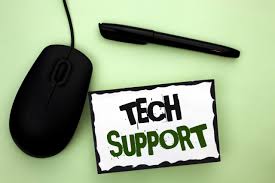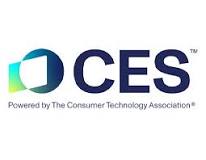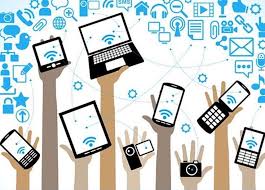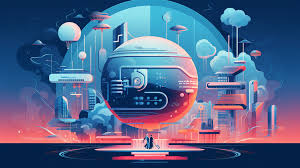Older adults can save tens of thousands of dollars annually by choosing assisted living communities over aging in place in their homes.
Unlike point solutions, Inspiren unifies resident safety, care planning, staffing, and emergency response into a single AI-powered platform.
An artificial intelligence-powered virtual assistant platform for senior living and care providers.

 Years ago, tech for older adults became a unique category – is it still? Today most older adults want to use all consumer technology, aka AllTech. Why? Because their families and peers do so, for one, and second, (or maybe first), they do not consider themselves old. A puzzle framework evolved over the years that can encompass ‘AllTech’ but adds supportive tech for those with specific limitations like
Years ago, tech for older adults became a unique category – is it still? Today most older adults want to use all consumer technology, aka AllTech. Why? Because their families and peers do so, for one, and second, (or maybe first), they do not consider themselves old. A puzzle framework evolved over the years that can encompass ‘AllTech’ but adds supportive tech for those with specific limitations like  Kudos to the Forbes Technology Council! Their post,
Kudos to the Forbes Technology Council! Their post,  Most consumers might say that they would appreciate greater tech ease of use. But is that what they get? The tech industry’s fondness for innovation (see
Most consumers might say that they would appreciate greater tech ease of use. But is that what they get? The tech industry’s fondness for innovation (see  The decline of our tech experience was slow
The decline of our tech experience was slow  The more things change. January 2024 brought announcements, updates and a plethora of new tech, some a dream in the eye of a startup, some in the market and some likely to improve lives, if not right away than soon. In fact, the most intriguing aspect of the month of CES 2024 was how much like previous events it was – and yet it was the first post-Covid big event, and the first for many new to the tech industry. Also 2024 is shaping up to be a big year of change for the older adults-tech market – some actually think it is disappearing into the tech market for all. Maybe! Here are the six blog posts from January 2024:
The more things change. January 2024 brought announcements, updates and a plethora of new tech, some a dream in the eye of a startup, some in the market and some likely to improve lives, if not right away than soon. In fact, the most intriguing aspect of the month of CES 2024 was how much like previous events it was – and yet it was the first post-Covid big event, and the first for many new to the tech industry. Also 2024 is shaping up to be a big year of change for the older adults-tech market – some actually think it is disappearing into the tech market for all. Maybe! Here are the six blog posts from January 2024: